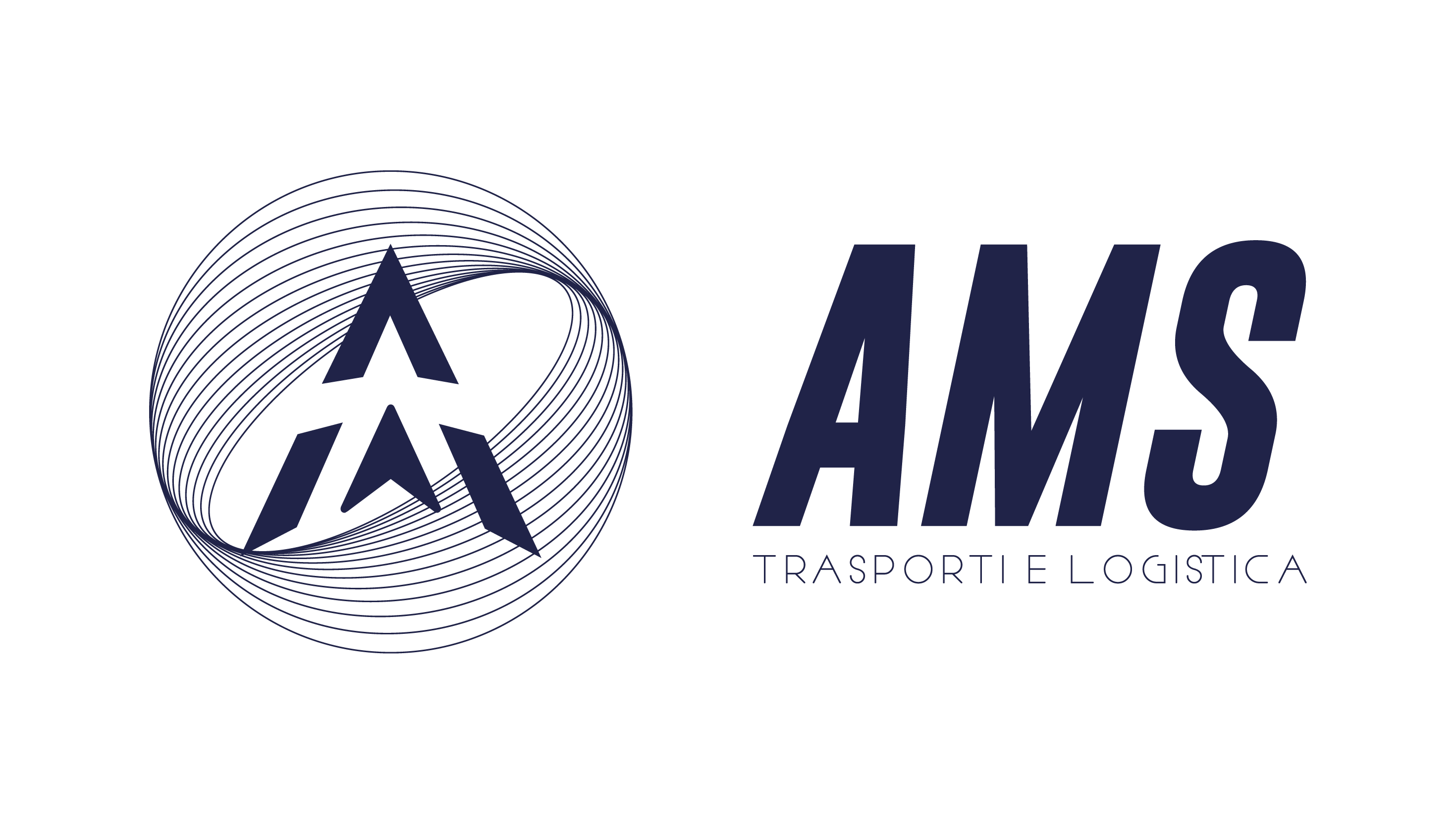The market for organic products is constantly growing, and with it the variety of organic brands. But as informed consumers, it is important to know the nuances of different brands and to distinguish the authentic ones from the "fake" ones. In this guide, we will explore community organic brands and address some of the most common questions.
What is a Community Organic Mark?
An EU organic label is a symbol certifying that a product complies with European organic farming rules and regulations. These regulations establish the requirements necessary to label a product as "organic." An EU organic label can only be used on products that meet these requirements.
What are the Most Common Community Organic Marks?
The most well-known EU organic label is the green leaf with stars, recognized throughout the European Union. This logo represents the product's compliance with strict European organic farming regulations. In addition, there are also national marks that may be country-specific.
Can I Trust a Product with the Community Organic Logo?
Yes, the EU organic logo is a guarantee of compliance with European organic farming regulations. This logo cannot be randomly affixed to products; it is issued only after rigorous and regular inspections by authorized certification bodies.
What is a "Fake" Logo?
A "fake" logo is an unauthorized trademark that attempts to imitate the official EU organic logo. These marks can mislead consumers because they look similar to genuine ones.
How Can I Recognize a "Fake" Logo?
"Fake" logos often have small differences from the official logo, such as slightly different colors or altered details. Products with "fake" logos may also lack official certification codes and certification body information.
How Can I Protect Myself from "Fake" Organic Brands?
To protect yourself from "fake" organic brands, follow these tips:
- Check the Label: Check the product label carefully to make sure that the organic logo complies with regulations.
- Look for Details: Check for certification body information and official codes on the product.
- Be Suspicious of Too Good Offers: Be careful of overly advantageous offers; authentic products tend to maintain competitive prices, but excessively low prices can be an indicator of "fake" products.
- Verify Sources: Buy from reputable retailers and well-known brands. Check if the brand or manufacturer is listed on official websites or in organic farming associations.
- Inquire: Maintain a high level of awareness about official organic brands and regulations. Read reviews and learn about certification bodies.
AMS: Certainty of Organic Quality
AMS is a trusted partner for producers of organic products. Our warehouse facility is one of the few in Italy licensed to store organic products. AMS is committed to ensuring the quality and safety of organic products throughout the entire supply chain. With AMS, you can be assured of receiving authentic organic products that comply with European regulations. Do not fall into the traps of 'fake' organic brands and rely on AMS for organic quality.




